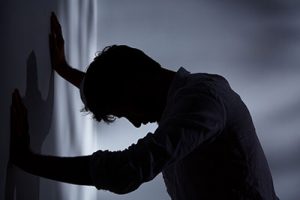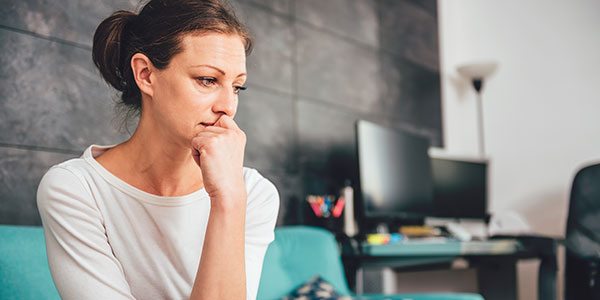Andropause and menopause are age-related declines in sex hormones. Andropause typically refers to the decline of testosterone in men, often occurring in men over the age of fifty, while menopause, a more well-known condition, is the result of decreased estrogen in women. According to the American Congress of Obstetricians and Gynecologists, fifty-one is the average age a woman goes through menopause.
Both andropause and menopause are considered a normal part of aging, and both are accompanied with their own set of side effects.
Decreasing Testosterone
Decreasing testosterone, which is the primary cause of andropause, is also linked to a rise in another hormone called sex hormone binding globulin (SHBG). Testosterone binds to SHBG making it unavailable in the blood stream. Symptoms of andropause include fatigue, mood swings, depression, irritability, anxiety, difficulty maintaining an erection, hot flashes, increased body fat, and decreased muscle mass.
Decreasing Estrogen
Similarly, common symptoms of menopause also include hot flashes, mood changes, and weight gain. In addition, other symptoms can include sleep problems and vaginal and urinary tract changes. The hormone estrogen protects against heart attack and stroke, and helps maintain bone density, so menopausal women are at an increased risk for these specific problems after menopause.
The Stress Hormone
Anxiety is one of the many emotional changes that is known to occur during menopause and andropause. This stress can be caused by the changing hormones themselves, but it can also be a secondary symptom, brought on by the stress of a changing body.

Individuals who are experiencing rises in cortisol, epinephrine and norepinephrine are primed for stress. Add to that; potential insomnia due to hormone fluctuations and uncertainty about their changing circumstances, and it is no wonder why some people going through menopause and andropause develop mood changes.
How Hormonal Imbalance Can Cause Anxiety
When going through andropause and menopause the body experiences a decline in testosterone and/or estrogen levels. This decrease can bring about stress in the form of anxiety in a few different ways:
- Estrogen deficiency – When estrogen results in a deficiency this can trigger anxiety, tearfulness, depression, nervous feelings, and feeling “off”. This will usually occur once a woman has fully hit menopause.
- Estrogen dominance and low progesterone – If someone is experiencing an excess of estrogen with an absence , this can lead to feelings of nervous anxiety. This is because estrogen and progesterone help to balance each other out within the body.
- High testosterone and DHEA – These are both androgenic, male, hormones. However, they also have functions within a woman’s health for sexual function, bone, muscle strength and metabolic rate. When someone has a high level of testosterone or DHEA within the body this can bring about feelings of anxiety.
Aging and Anxiety
As you age, you become more prone to stress and anxiety. The changes that your body and life are going through can bring about an anxiety disorder. With age you may experience memory problems, poor health, and loss. Many people find that they are worried about failing, affording living expenses, and medication, being dependent on others, being left alone, and even death. These worries can cause anxiety levels to rise.
Along with the day to day worries of aging, a stressful event can cause brief or mild anxiety that can last for six months or more if left untreated.
Approaches to Help with Anxiety
Thankfully, there are many effective anti-anxiety approaches. If desired, hormone therapy can help relieve some of the causes of a person’s stress, but a more direct approach can also be taken. Therapy and anti-anxiety medications can be very effective in treating the symptoms in some individuals. In most cases, the body will adjust and the symptoms of menopause and andropause will subside with time.
Maintaining a healthy diet and lifestyle choices can help to balance hormones during this time period. This also means cutting back on alcohol, sugar, and smoking.
Overall
The extreme changing in the body’s balance of hormones caused by menopause and andropause can cause a plethora of unpleasant symptoms, but there is help out there. Whether one chooses hormone therapy, treatment of particular symptoms, or to simply wait it out, these hormone fluctuations will typically level out with time.





